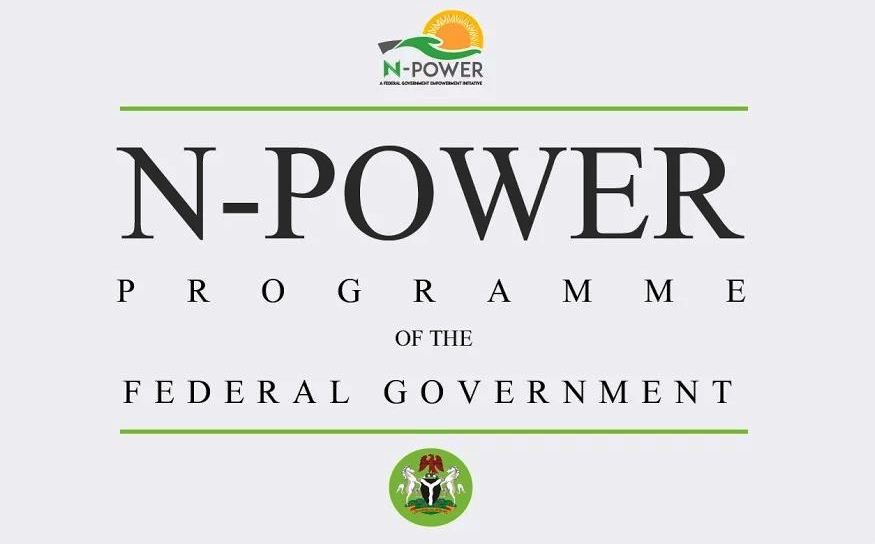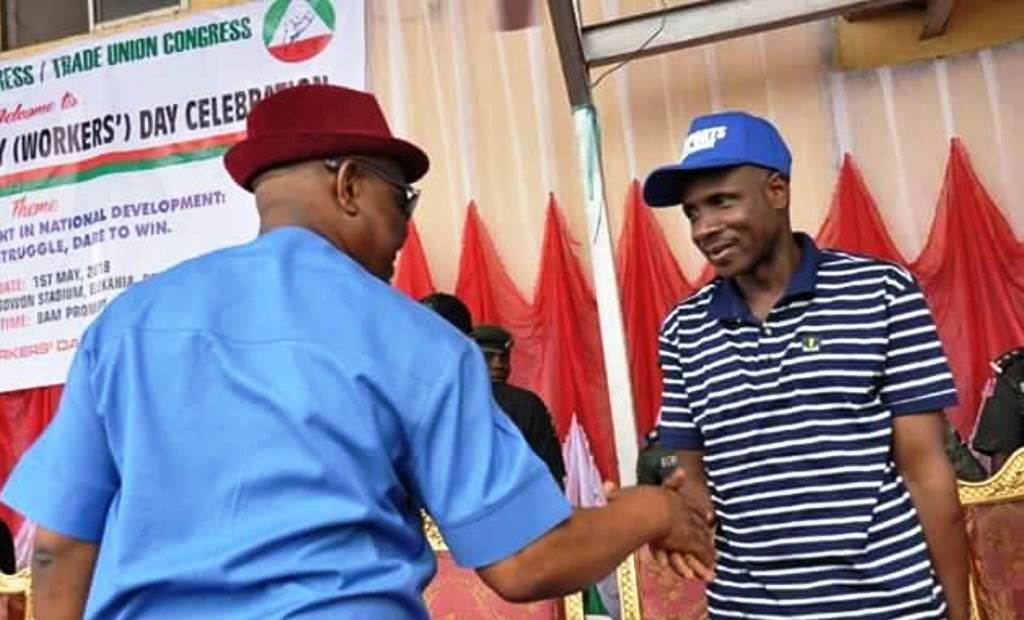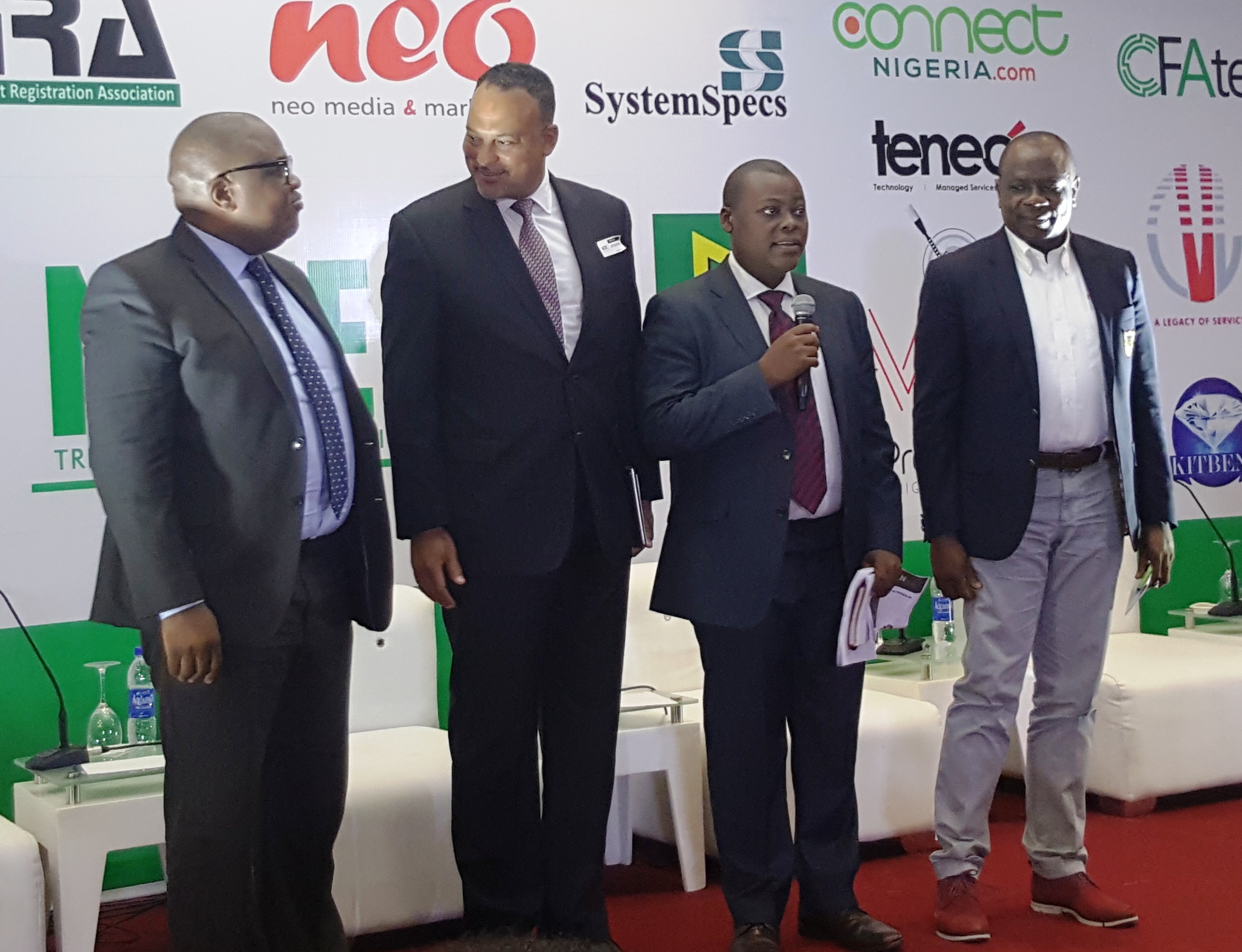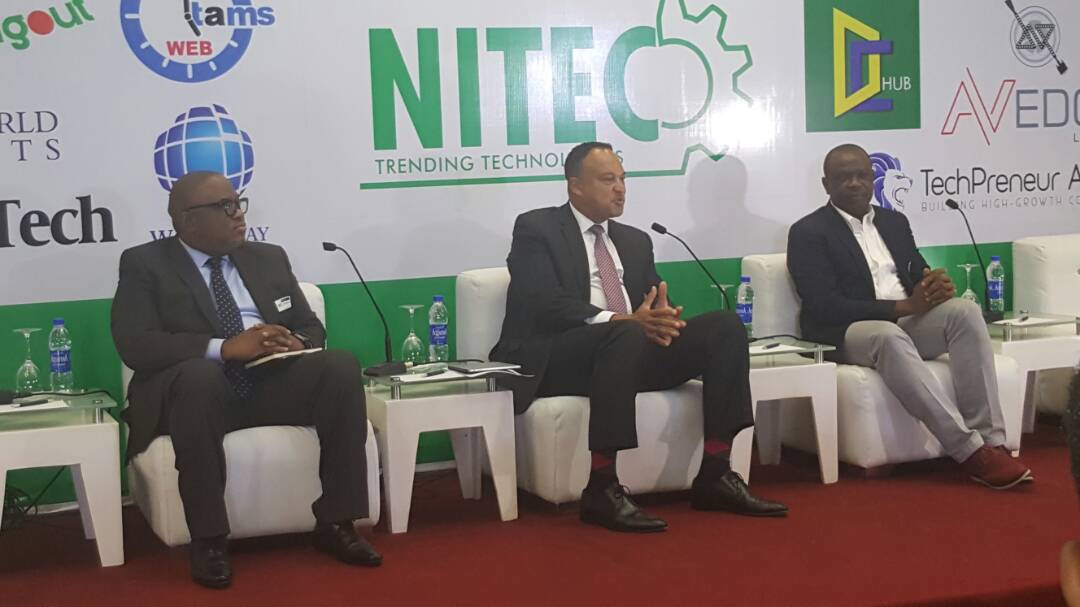Entrepreneurs behind top small and medium enterprises (SMEs) in Nigeria have revealed some of the technology tools they employ in growing their businesses in the country.
That SMEs are a driver of the Nigerian economy is no longer news, and the Nigerian government has really put in efforts in recent times to see that this sector of the economy is harnessed.
Entrepreneurs gathered at the Nigeria International Technology Exhibition and Conference (NITEC) 2017 all agree that technology drives businesses.
TheNewsGuru reports one of the best take aways from the NITEC 2017 event is that the challenges of global and local economies are not killing businesses; rather, the challenges are making businesses to define new objectives, applying tech solutions; and customers are now defining how they need to be served.
All SMEs are going online — exploiting the opportunity technology presents to grow the frontiers of business reach.
For SMEs to reach target markets, both offline and online, technology has been a massive advantage, that it has become huge part of businesses. Combining the offline potentials of a business with the online potentials, businesses get a bigger reach. With the growing number of Nigerians using the Internet, especially the social media, SMEs are presented with a bigger advantage with technology.
If a business is just offline-based, it would be limited to the offline reach of the business owner(s), but when it is online-based, the reach of the business is unlimited. Digital marketing tools are replete online and business partners as well, so, it is advisable to go online. For a business to be able to reach a wider population, for Nigerian businesses to go global, entrepreneurs have no option than to embrace technology and go online
Given the power of technology, companies are now designing how to better serve customers by using specialized tools.
Mobile apps
Going online means a business will have a business domain (website) registered online, showcasing the products and services of the business. Taking it further, businesses are now moving away from just the website to actually developing mobile apps for the business. It works just as the website, but it is more efficient, and as the CEO of DressMeOutlet, Olatorera Oniru, puts it, “One of the most popular apps on my phone right now is Dressmeoutlet.com; we are constantly testing, and we are looking to launch this month our mobile app on iOS and Android”.
Chat apps
Entrepreneurs understand the importance of keeping the conversation going with customers and clients alike. “We use WhatsApp quite a lot. We are having every of our customers’ phone numbers; so we engage them using WhatsApp,” Ms. Oniru said.
Translators
SMEs also apply the power of translator apps to transact businesses. The entrepreneurs use the translator because the reach technology provide is unlimited, and calls can come from countries where language differ. “We have to be able to rapidly respond to orders and enquiries in languages other than the English language,” Oniru told TheNewsGuru.
Google Analytics
Google Analytics tells you the traffic that is coming to your website and what percentage of that traffic is being converted into sales. The DressMeOutlet bosslady said, “We use this tool as well as other tools at our backend for us to know about our abandoned cart rates, as customers sometimes would rapidly check out and found out that, for instance, shipping is too expensively; so, they are gone! When we see our abandoned cart rates, we are able to call such customers to get feedback, and discuss how to make such customers come back to complete their purchase(s).
LinkedIn
Nigerian entrepreneurs have embraced the power of LinkedIn to reach peculiars customers and clients alike. The entrepreneurs create their business profile page on LinkedIn, and personal profile page with staff profiles linked to the business page so that the clients and customers engaging them would know they are actually employed by the company.
Payment apps
There is a company called Paystack. It’s a Nigerian payment platform. The good thing about Paystack is that, as an indigenous payments platform, you can actually make payments for business transactions outside of Nigeria.
Uber
It would surprise you to know that entrepreneurs use Uber taxis to quickly reach their clients and customers, and they say this has been really productive.
Facebook/Twitter
Entrepreneurs say they use the power of Facebook and Twitter to promote the reach of their businesses to friends, families and persons they haven’t even met before.
More tools
Other tools used by Nigerian entrepreneurs are human resources tool, tams,Slack; financial accounting app, QuickBooks; Google Suite; Bitbucket Git; and Hootsuite.
Entrepreneurs actually combine all these solutions to growing the reach of their businesses, thereby breaking the barriers of doing business in Nigeria.
NITEC 2017 focused heavily on the future of big data, analytics and applications for SMEs development. It went a long way to show businesses must be able to maximize the power of cloud computing, as given the explosion of technology, big data now demands businesses use cloud computing and analytics to provide cognitive solutions to business problems.
These are some of the solutions technology provides for SMEs in Nigeria. If you think anything is missing on this list, please leave a comment below after seeing this video.
https://youtu.be/uO8O8ka-wR0
























